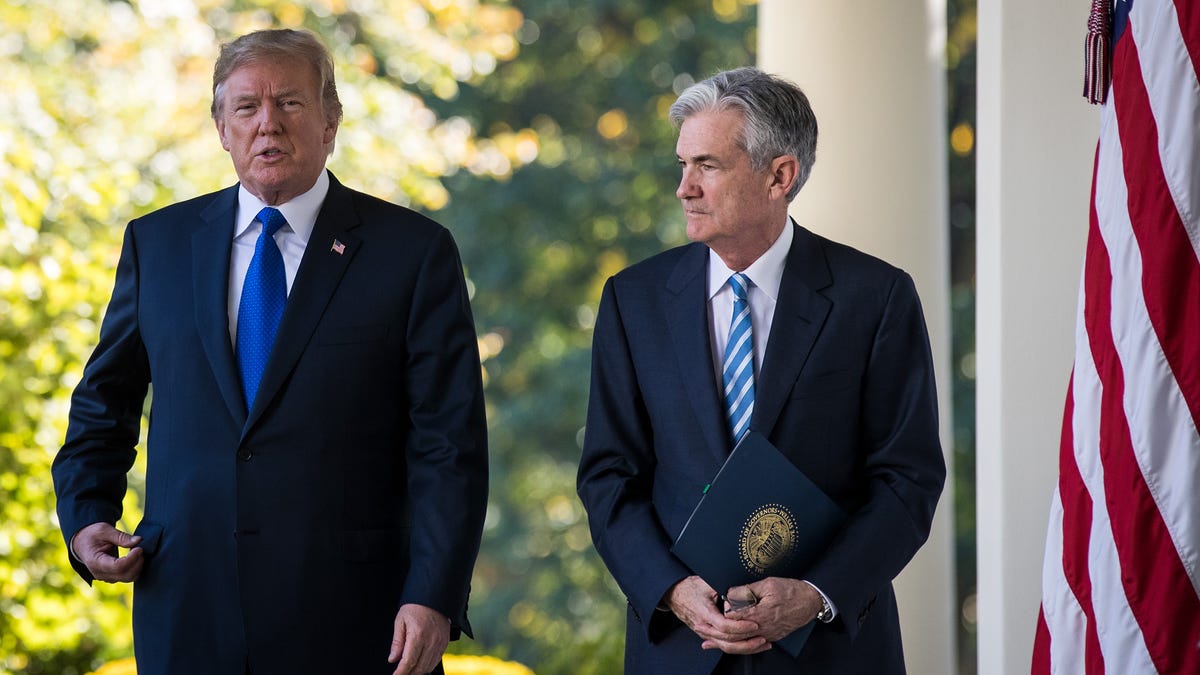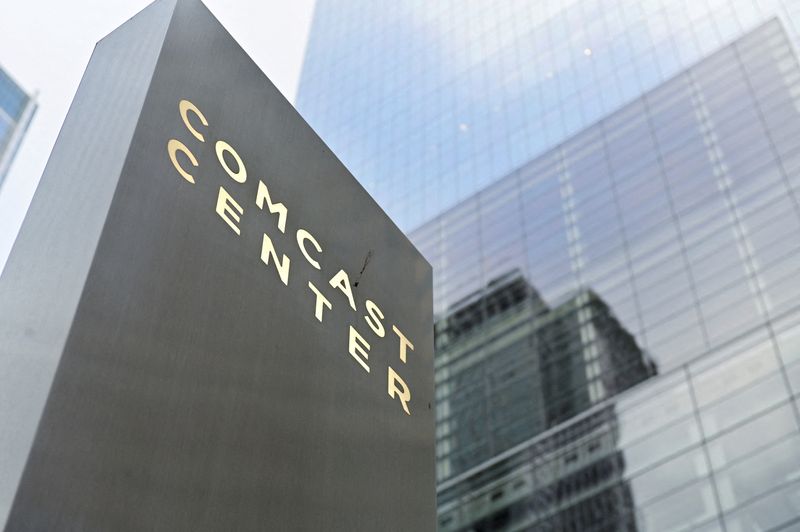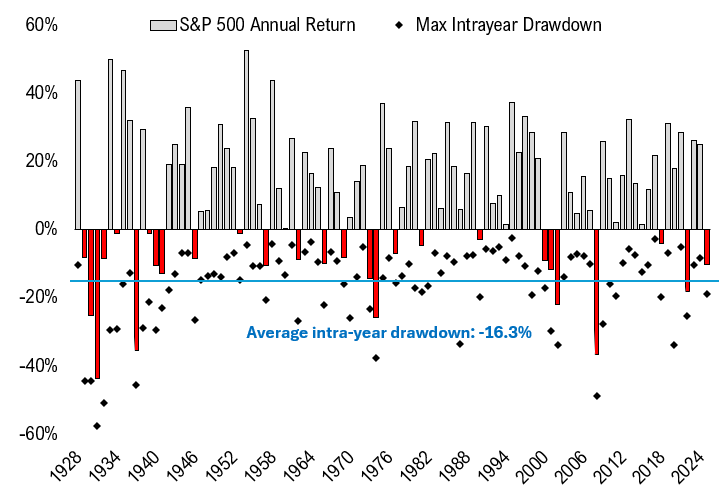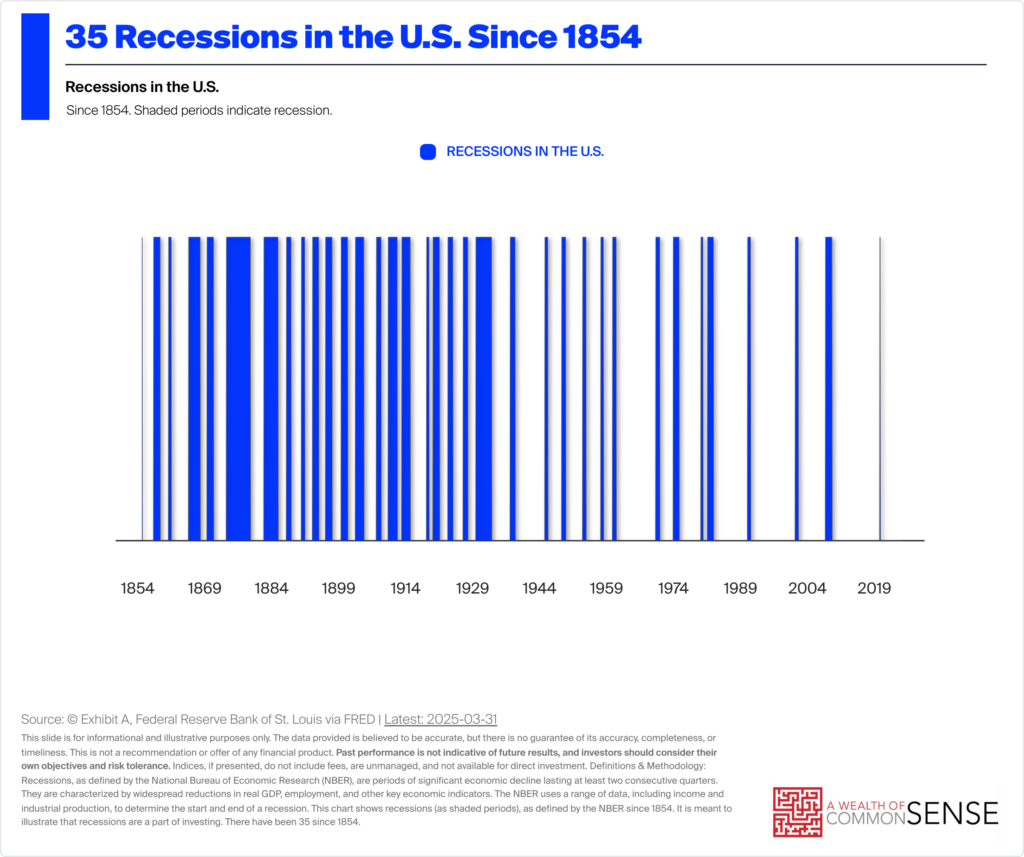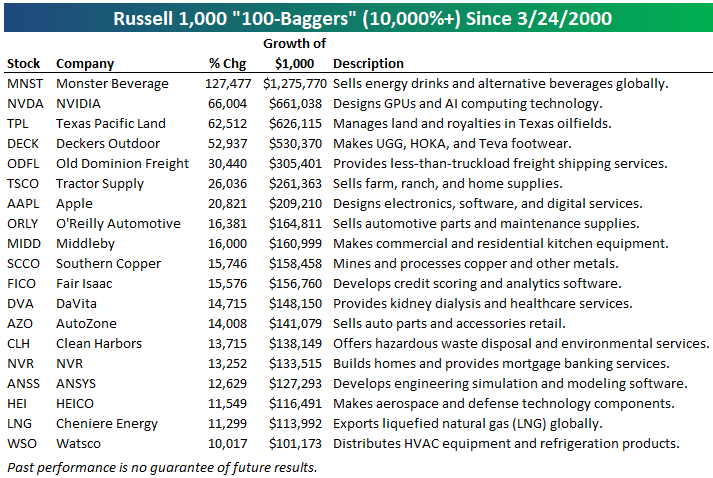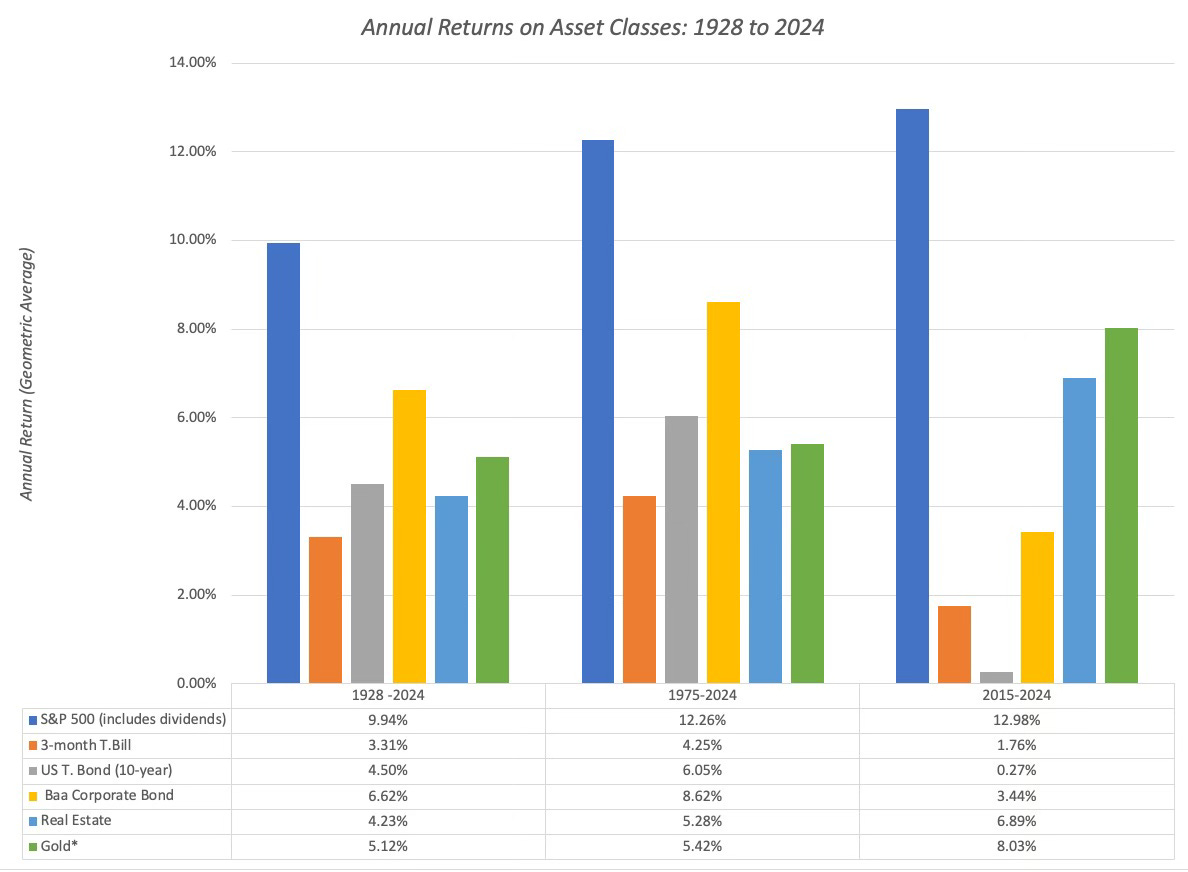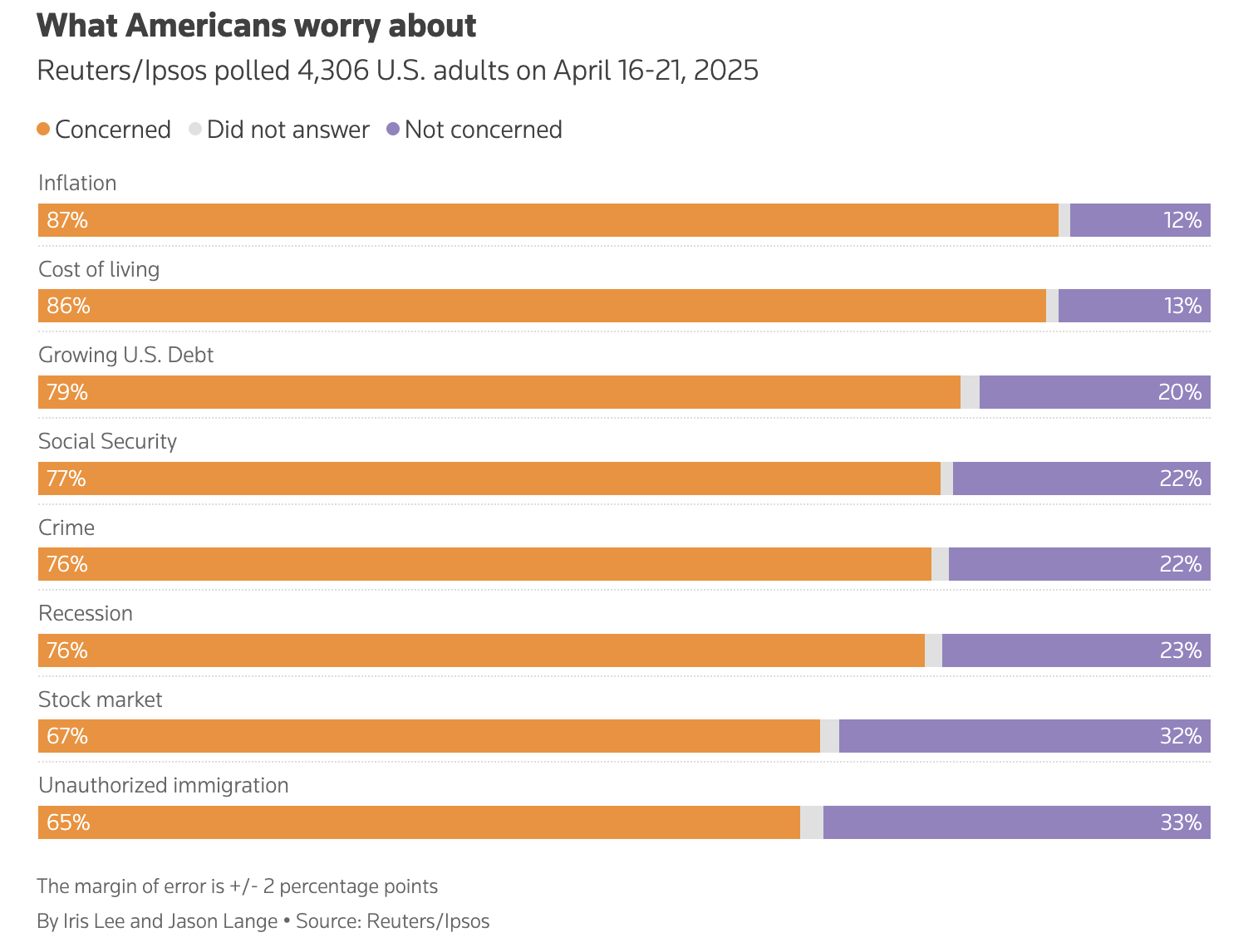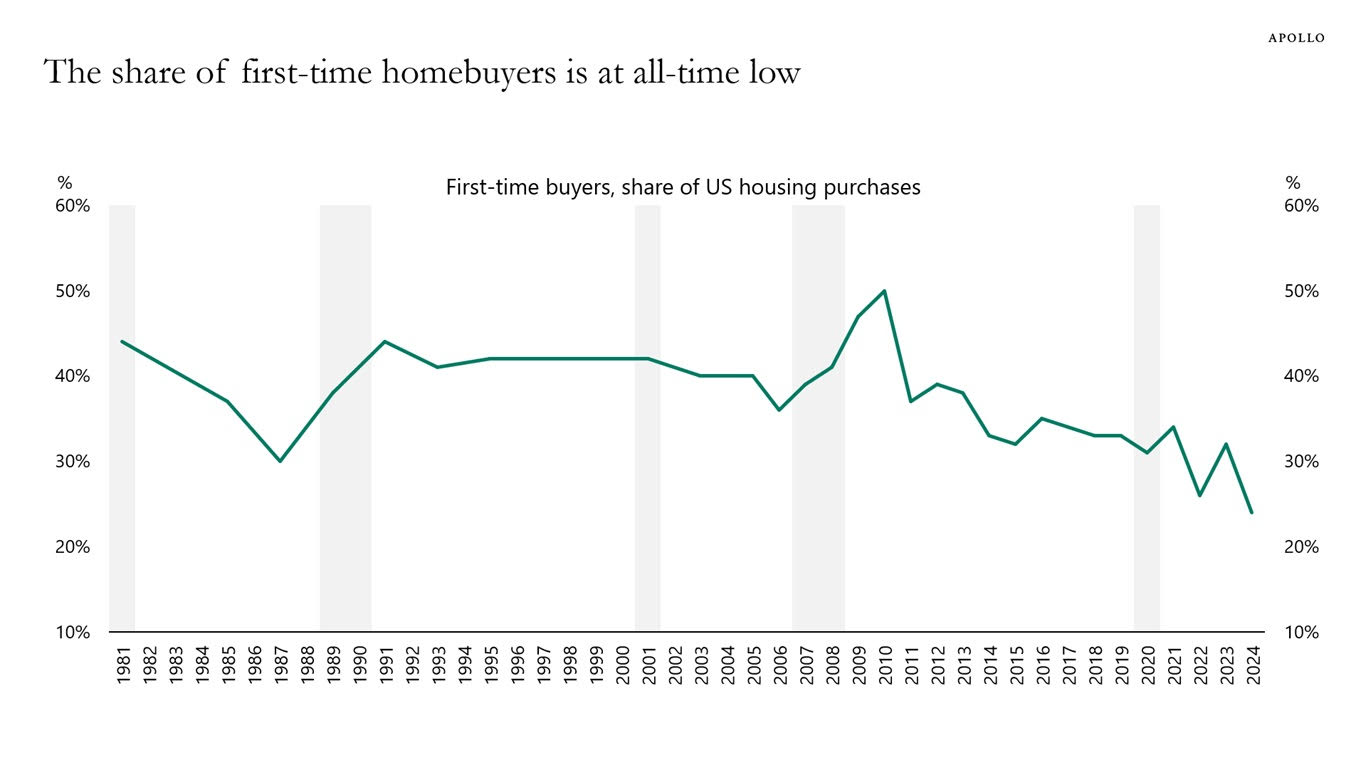Gen Z and millennials are struggling to work with their older counterparts, but boomers have no problem with their younger coworkers
The status quo is not working for the youngest generations in the workforce.

Good morning!
One person’s teamwork is another one’s nightmare. Just ask Gen Z.
While 45% of baby boomers have no problems working with different generations, only 17% of Gen Z feels the same way, according to a new report from Korn Ferry, which surveyed 15,000 global employees across a range of job roles, age demographics and industries.
Much of the strife that Gen Z feels is likely due to another workplace trend: the missing manager. The middle layer of corporate America is already stressed out, and some companies like Bayer and Amazon are getting rid of them altogether. But overstretched or nonexistent bosses are likely leading to friction between generations, Lesley Uren, CEO of Korn Ferry Consulting, tells Fortune.
“It's likely that that missing middle management group is causing some of that disconnect between the baby boomers, who are probably going to be in the leadership roles, and Gen Z, who are down the lower levels of the organization,” says Uren.
Part of the larger generational strife in the workplace is also due to communication differences and misaligned principles. While 49% of Gen Z want better communication and teamwork training, only 27% of boomers think there’s a problem. And while 37% of millennials say there’s a fundamental clash in generational values at work, only 27% of boomers feel the same way. Those kinds of differences are likely also heightened in a hypercharged political climate, with younger workers looking to company leaders to clearly spell out their corporate beliefs.
“We see some of the communication breakdown often occurring when there isn't that strong articulation of who we are and what we stand for as an organization, where we're going, what our sense of direction is,” Uren says.
While critics of the younger generations might be tempted to use the report to reinforce the narrative that this cohort is difficult and even unprofessional, Uren disagrees with that idea. In fact, she believes we could all stand to bring a bit more idealism into the workplace.
They’re “requiring leaders to be what they should be, which [are] effective people managers, as much as they are driving the business,” she says. “I think that can only be a good thing for all organizations, if we raise the caliber and quality of leadership.”
Sara Braun
sara.braun@fortune.com
This story was originally featured on Fortune.com
























